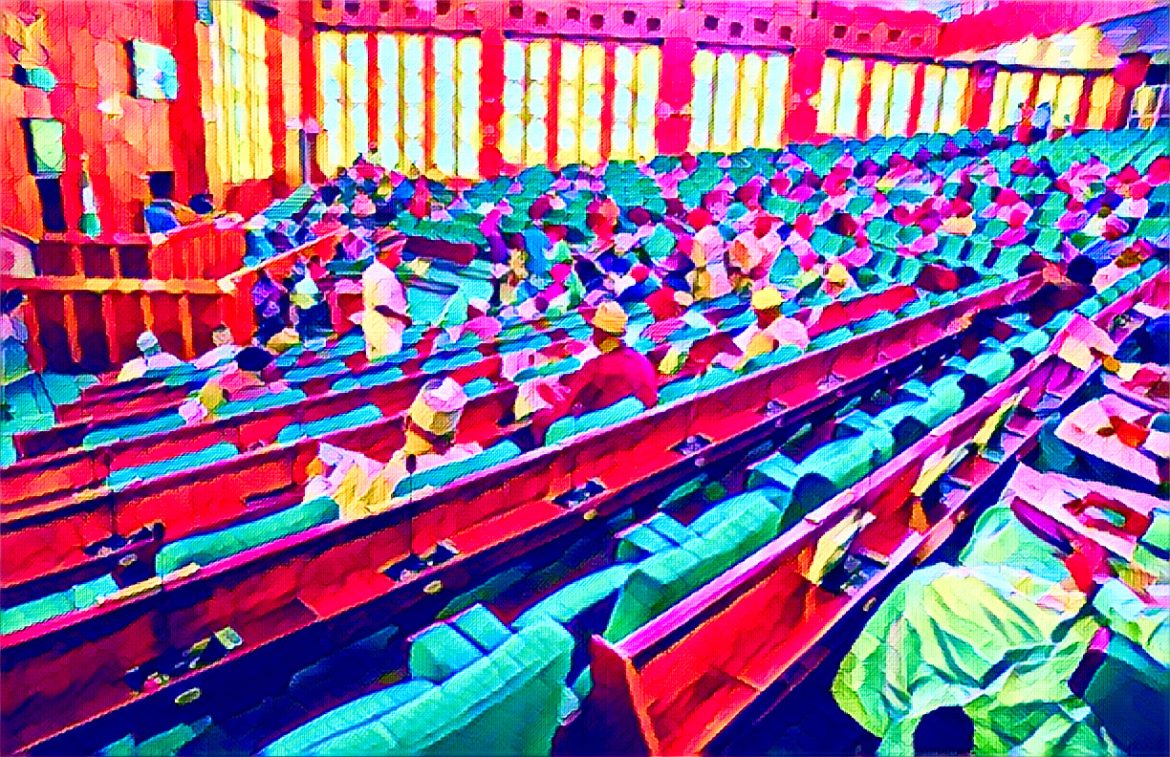The Nigerian House of Representatives has officially commenced its eight-week annual recess. The lawmakers, led by Speaker Tajudeen Abbas, adjourned the session on a note of accomplishment, having deliberated on several critical national issues before breaking for the summer.
Speaker Abbas expressed satisfaction with the legislative progress made during the session, highlighting the passage of key bills and motions aimed at improving the country’s governance and socio-economic landscape. “We have made significant strides in addressing the concerns of Nigerians and passing legislation that will drive national development,” Abbas stated in his closing remarks.
During the session, the House tackled a range of issues, including the ongoing economic challenges, insecurity, and reforms in various sectors. One of the notable achievements was the approval of the 2024 budget, which focuses on economic recovery and infrastructural development. “This budget reflects our commitment to addressing the economic hardships faced by Nigerians and laying the foundation for sustainable growth,” Abbas noted.
In addition to the budget, the House passed several bills aimed at strengthening Nigeria’s legal and institutional frameworks. These include laws to enhance cybersecurity, improve healthcare delivery, and support small and medium-sized enterprises (SMEs). “We are committed to creating an enabling environment for businesses and ensuring that our laws are up-to-date with global best practices,” the Speaker emphasized.
The recess period will allow lawmakers to return to their constituencies, engage with their constituents, and assess the impact of government policies at the grassroots level. This engagement is crucial for understanding the needs and concerns of the public, which will inform future legislative actions. “We urge all members to use this period to connect with their constituents and bring back valuable insights that will guide our legislative agenda,” Abbas advised.
The recess also provides an opportunity for the lawmakers to rest and rejuvenate after a busy legislative session. Many members expressed their intentions to use the break to conduct research, consult with experts, and prepare for the upcoming session. “We will return refreshed and ready to tackle the challenges ahead, with a focus on delivering results for our people,” said a member of the House.
However, the recess comes at a time when Nigeria is facing several pressing challenges, including economic instability, rising inflation, and insecurity in various parts of the country. Some observers have expressed concerns that the break could delay critical legislative actions needed to address these issues. In response, Speaker Abbas assured Nigerians that the House remains committed to its duties and will resume work with renewed vigor. “We understand the urgency of the situation and will continue to prioritize the nation’s needs upon our return,” he reassured.
The House of Representatives is expected to reconvene in mid-September, at which time lawmakers will resume discussions on pending bills and new legislative proposals. The next session will also focus on oversight functions, ensuring that government agencies and departments are implementing policies effectively. “Our oversight role is critical in holding the executive accountable and ensuring that public funds are used efficiently,” Abbas concluded.
In conclusion, the eight-week annual recess provides a valuable break for Nigerian lawmakers to reconnect with their constituents and prepare for the legislative challenges ahead. As the House of Representatives takes this time off, the commitment to addressing the nation’s pressing issues and driving forward legislative progress remains a top priority.
Source: Tribune Online


